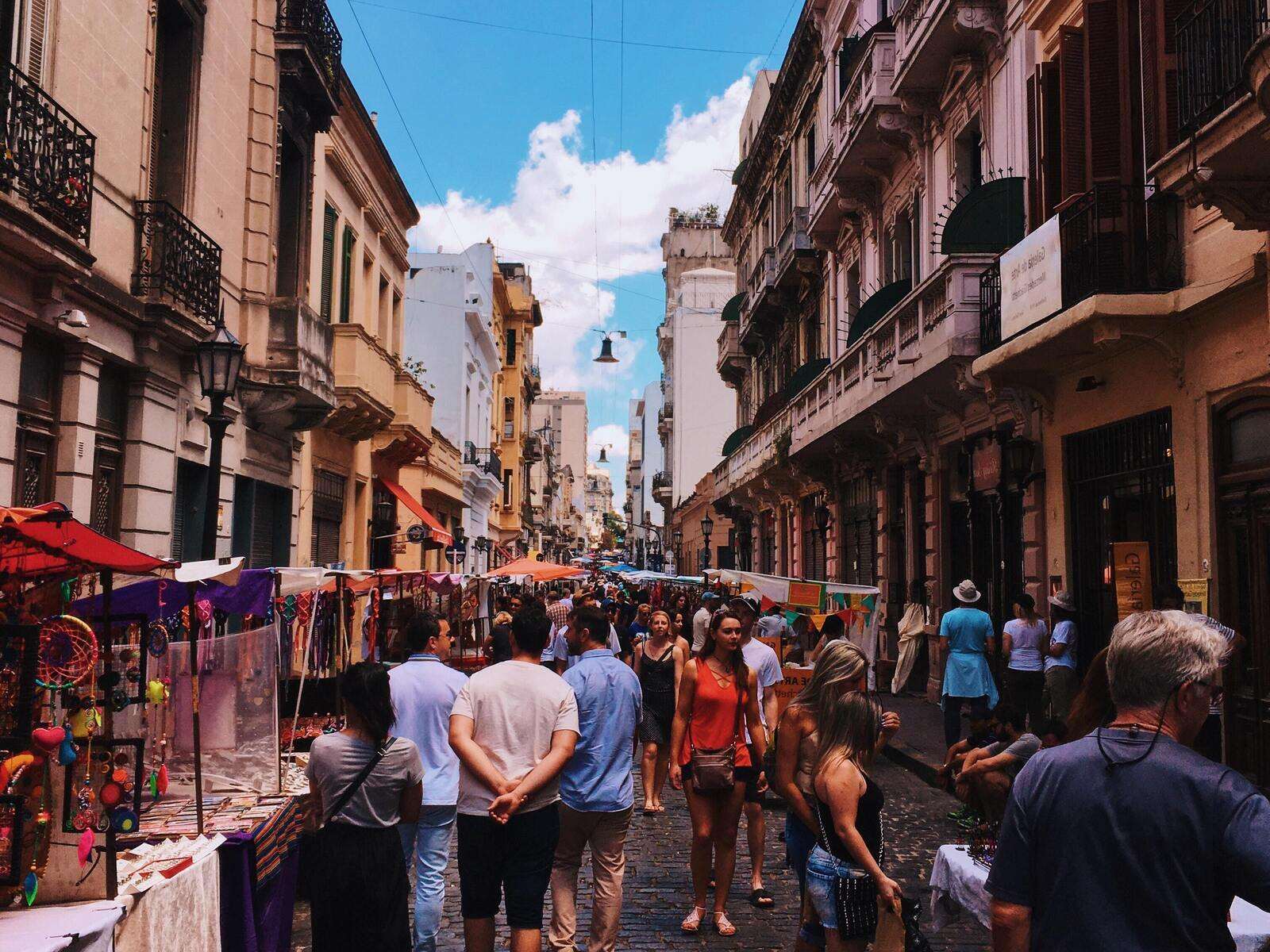11 Everyday Words That Mean Something Hilarious In Argentina

Traveling to Argentina? Get ready for some laughs! Everyday words you use might have a completely different, often hilarious, meaning in this vibrant country. Imagine asking for a "torta" expecting a cake, but getting a sandwich instead. Or saying "concha" thinking it means shell, only to get shocked looks because it’s a rude word here. Language can be tricky, especially with regional slang. Knowing these differences can save you from awkward moments and give you a good chuckle. Let’s dive into 11 everyday words that mean something funny in Argentina. You’ll be speaking like a local in no time!
Argentina's Unique Vocabulary
Argentina has a rich culture and a unique way of speaking Spanish. Some everyday words take on hilarious meanings in this vibrant country. Let's dive into these amusing terms.
1. "Torta"
In many Spanish-speaking countries, "torta" means cake. In Argentina, it also refers to a sandwich. Imagine ordering a cake and getting a sandwich instead!
2. "Chango"
Elsewhere, "chango" might mean monkey. In Argentina, it's a casual term for a young boy or a guy. Calling someone a monkey could lead to some funny misunderstandings.
3. "Pibe"
"Pibe" is another word for a young boy. While it sounds like "pee-be," it has nothing to do with bathrooms. It's just a friendly way to refer to kids.
4. "Mina"
"Mina" means mine in many places. In Argentina, it refers to a girl or woman. Calling someone a mine might get you some puzzled looks.
5. "Boludo"
"Boludo" is a term of endearment among friends, but it literally means "big balls." Use it carefully, as it can also be an insult depending on the context.
6. "Quilombo"
"Quilombo" originally referred to a brothel. Now, it means a mess or chaos. Describing your room as a "quilombo" might get some raised eyebrows.
7. "Che"
"Che" is a common interjection, similar to "hey" or "dude." It's used to get someone's attention or emphasize a point. It's also famously associated with Che Guevara.
8. "Laburo"
"Laburo" means work or job. It comes from the Italian word "lavoro." Telling someone you're going to "laburo" might sound like you're off to do some heavy lifting.
9. "Guita"
"Guita" means money. It's a slang term that can confuse Spanish speakers from other countries. Asking for "guita" might leave people scratching their heads.
10. "Facha"
"Facha" means appearance or style. Complimenting someone's "facha" is like saying they look good. It's a fun way to boost someone's confidence.
11. "Bondi"
"Bondi" is the word for bus. It comes from the English word "bond." Telling someone you're taking the "bondi" might make them think you're talking about a financial bond.
Argentina's playful use of language adds to its charm. These words show how language can evolve and take on new, amusing meanings.
Language Surprises Await in Argentina
Traveling to Argentina offers more than just stunning landscapes and delicious food. The local slang can turn everyday words into hilarious surprises. Words like "quilombo" and "chamuyar" have unique meanings that might catch you off guard. Understanding these terms can make your trip more enjoyable and help you connect with locals.
Learning a few of these funny words before you go can add an extra layer of fun to your adventure. It’s a great way to break the ice and show that you’re making an effort to understand the culture. So, next time you hear a familiar word used in an unexpected way, just laugh and enjoy the moment. Argentina’s language quirks are part of what makes it such a fascinating place to visit.

